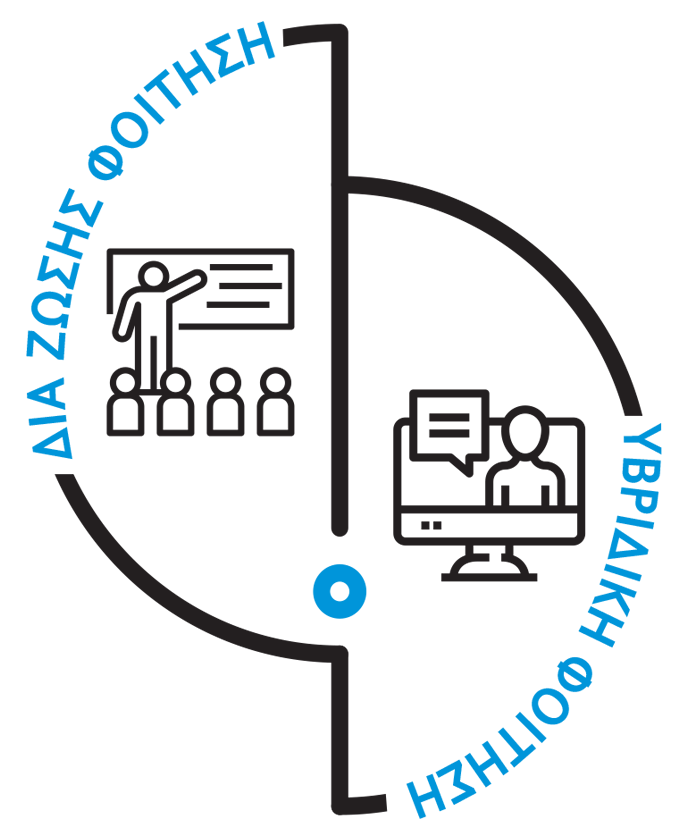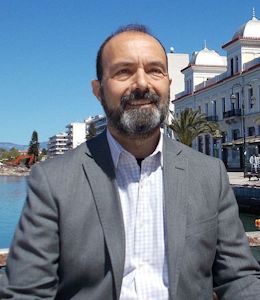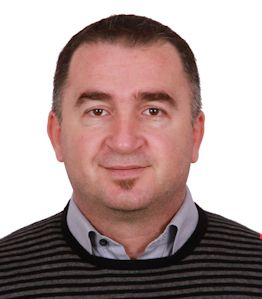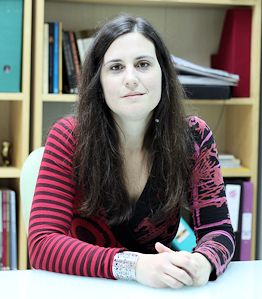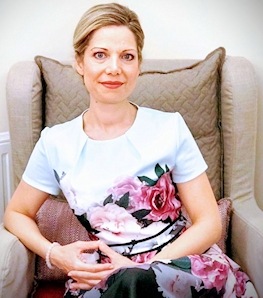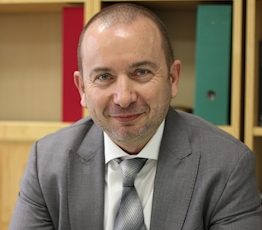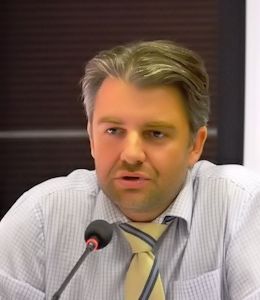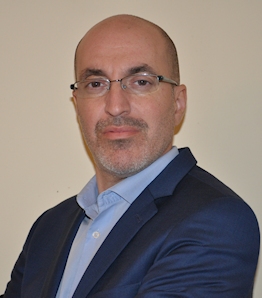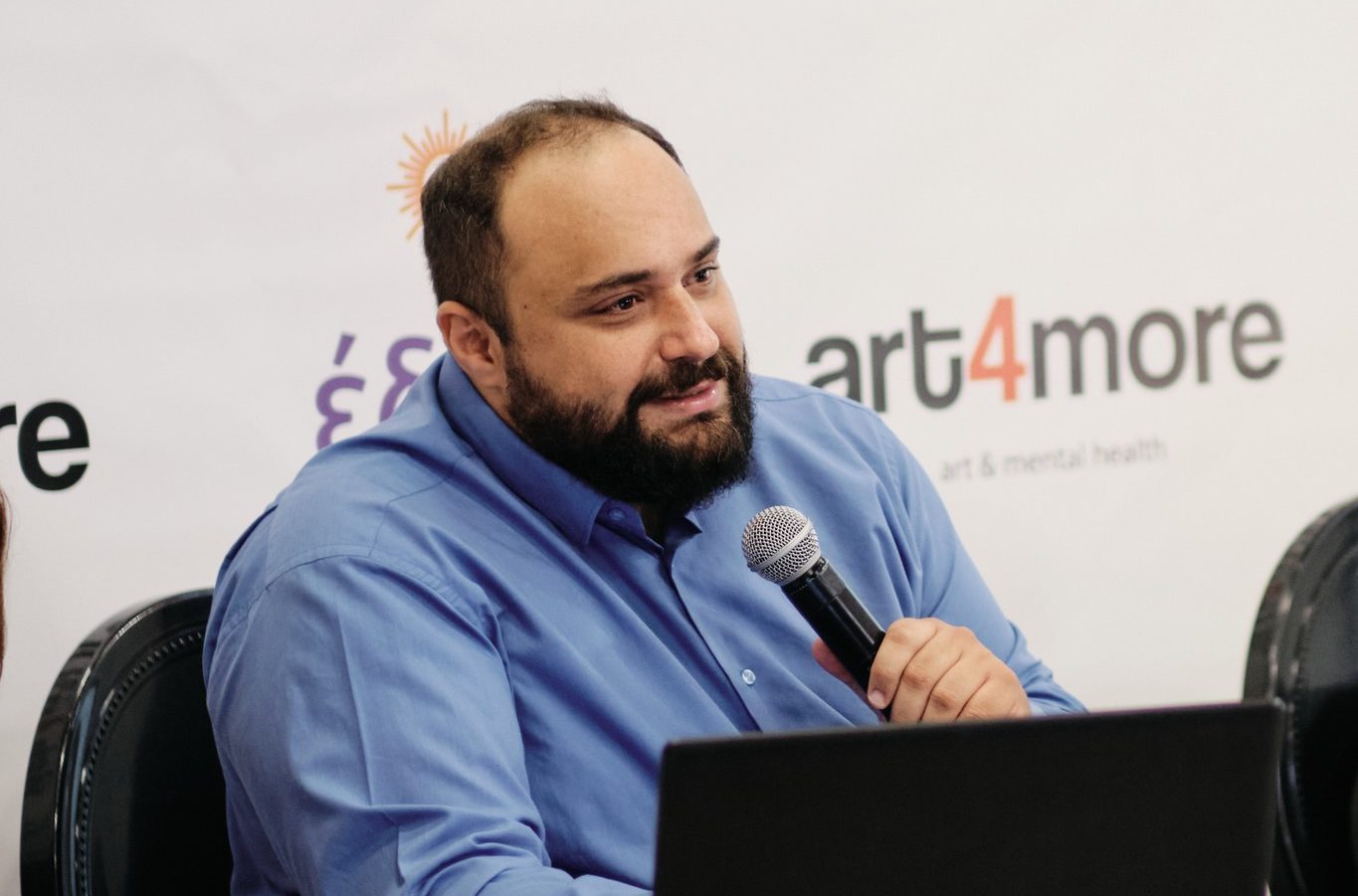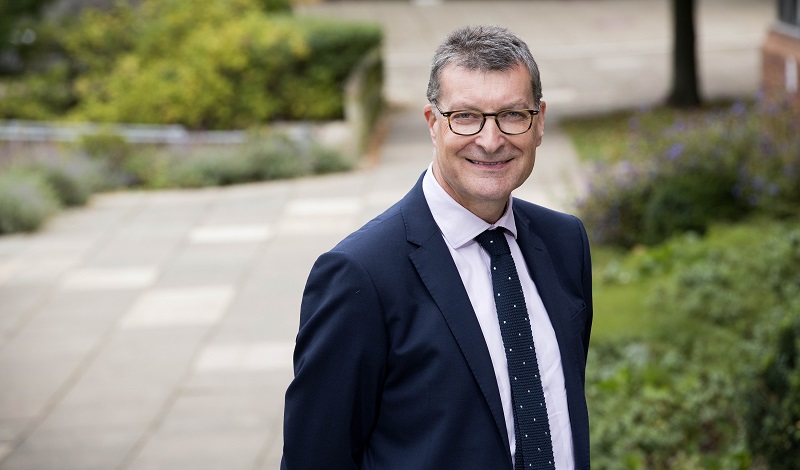We offer the Master in Applied Clinical Psychology in cooperation with the University of Central Lancashire, the great international public university of the North of England.
Master of Applied Clinical Psychology
Η Clinical Psychology is the most widespread branch of Psychology worldwide. Especially in Greece, it attracts a large number of psychologists, doctors and other professionals. The specialization, despite having its roots in Hippocrates, was officially introduced in 1896 by University of Pennsylvania Professor Lightner Witmer, who founded the first "psychological clinic" to support patients with severe symptoms of anxiety and learning difficulties.
Clinical Psychology integrates science, theory, clinical observation and intervention, aiming to understand, prevent and relieve psychological maladaptation or dysfunction and to promote well-being and personal development. The central pillars of its implementation are psychological assessment, clinical opinion/synthesis and psychotherapy.
The Master's degree in Applied Clinical Psychology has been specifically designed to develop knowledge, understanding and skills in the core areas of theoretical, methodological and empirical areas of Clinical Psychology.
Among other things it covers:
- The theory and findings underlying the application of psychological interventions to psychological maladaptation during the lifetime of man.
- Essential applied skills of the clinical psychologist, such as counselling and communication with the patient, the family and the multidisciplinary team, clinical evaluation and diagnosis, intervention planning etc.
- Development of skills foreseen in the "BPS' Division of Clinical Psychology Competencies Framework“.
- Ethical and other professional issues in the application of Clinical Psychology.
- Basic research methods used by clinical psychologists and their application to clinical issues and contexts.
- Applications of Clinical Psychology on objects health and criminology, but also on specialised issues such as clinical neuropsychology.
Other important features of the project are:
- Recognized by the Department for the Implementation of European Legislation (ATEΕN) (formerly SAEP) as Equivalent (Professional Equivalence) of Postgraduate students of public universities.
- Includes 150 hours applied education in clinical psychology cases, in the diagnostic process and in the interpretation of psychometric tools.
- Interdisciplinary team of trainers (clinical psychologists, psychiatrists, psychiatrists, etc.) with extensive experience in clinical psychology and its application.
- Secured practical training, at least 300 hours. This takes place in private and public sector institutions, in accordance with the provisions of the legislation (Law 4763/2020, Law 5006/2022).
- Ninety (90) ECTS (18 months normal duration). It is offered in an intensive form of 12 months or in a part-time form of 24 months.
- Academic assessment: Variety of methods including assignments, presentations, exams, self-evaluation and personal development reports, role play etc.
Registration Criteria:
- University degree, preferably in Psychology or a similar discipline.
- Good knowledge of English for the study of the bibliography
- Those who have completed a research thesis during their undergraduate studies have a head start.
- A good knowledge (at first degree level) of Research & Methodology using SPSS is also an additional asset.
- Two years of work experience is desirable, but not essential.
- Assessment of study intention by a Study Advisor.
- Successful Academic Interview.








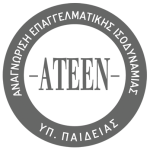
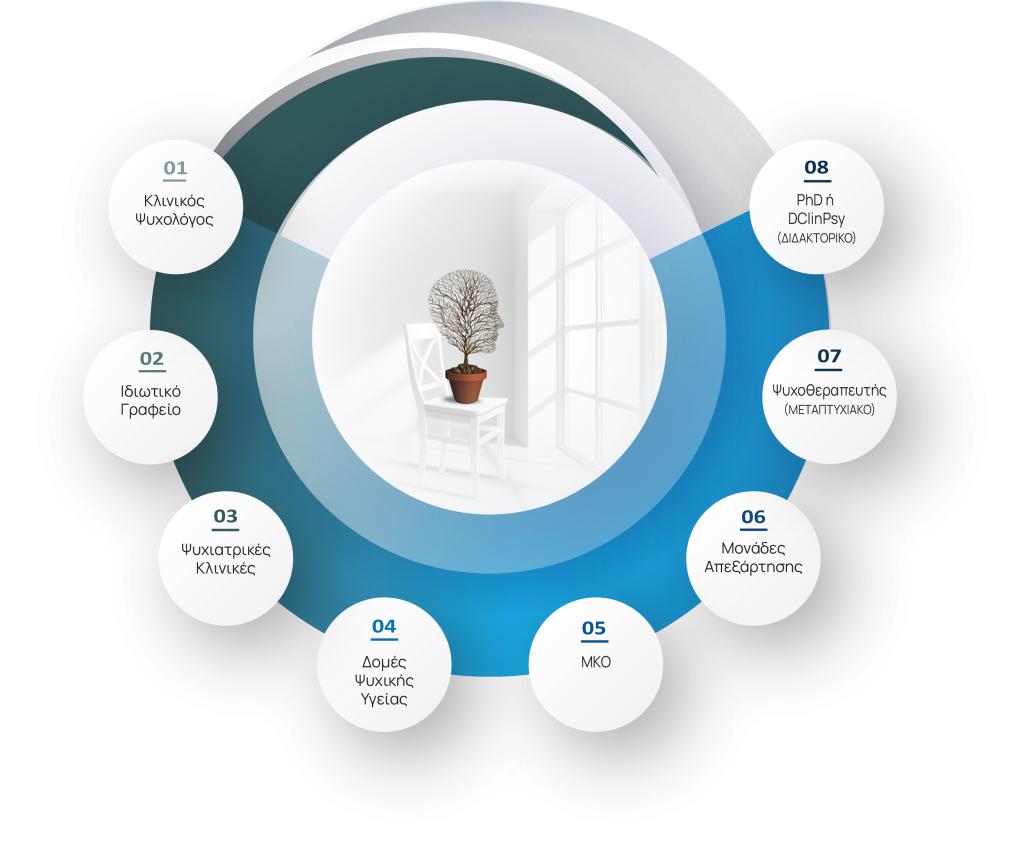
 An exclusive series of leading experiential WORKSHOPS that equip students with practical skills & knowledge on key professional topics!
An exclusive series of leading experiential WORKSHOPS that equip students with practical skills & knowledge on key professional topics! The Master of Applied Clinical Psychology at ICPS includes the leading personal and professional development program, Career Success Navigator©
The Master of Applied Clinical Psychology at ICPS includes the leading personal and professional development program, Career Success Navigator©